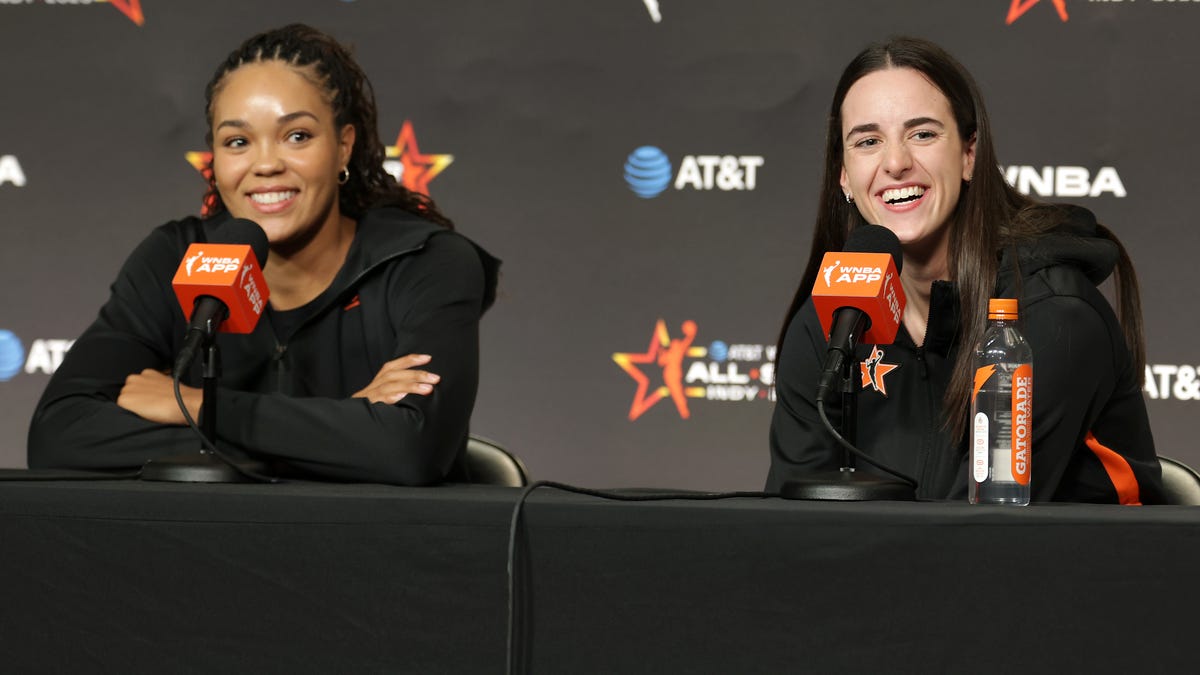How to ACE your Pickleball Endorsement Agreement! | Vondran Legal

Pickleball isn’t just the weekend hobby your neighbors play anymore, it’s blowing up! From local parks to sold-out arenas, it’s now one of the fastest-growing sports in the United States. Courts are packed, tournaments are streaming, and players are turning into stars almost overnight.
And here’s the fun part: pickleball players aren’t just athletes anymore, they’re trendsetters. Fans watch what paddle they’re swinging, what shoes they’re rocking, and even what energy drink they’re sipping between matches. One Instagram post or YouTube clip can sell out gear in a matter of hours. And that’s why companies are racing to lock in sponsorship deals with the rising stars of the pickleball world.
But here’s the catch: not every deal is fair in the brand sponsorship world. Too many players end up underpaid or taken advantage of, usually because they don’t have a solid endorsement agreement negotiated by someone who actually understands the game (and the law).
So, if you’re a pickleball athlete wondering how to protect yourself, let me walk you through the 10 golden terms every endorsement contract should include; the ones that make sure you land the deal and the check you deserve
This is the “what am I actually signing up for?” part of your contract. Too many players get stuck with vague language like “promote our products”, which can turn into endless posts, appearances, or obligations the brand never mentioned up front.
A great endorsement agreement spells it out clearly:
· How many social media posts per month?
· Which tournaments do you need to use their gear at?
· Do you owe them a photoshoot?
· Are you expected to show up at events and clinics?
The clearer the scope, the happier both sides are. The sponsor knows what they’re getting, and you know you won’t be stretched beyond what you agreed to. Just think of it as your endorsement job description. If it’s not in there, then it’s not part of the deal.
Sponsors usually want you all to themselves, especially within their product category. That’s fair, but it should have limits. If a paddle company signs you, that shouldn’t mean you’re barred from working with a shoe brand, an apparel line, or a nutrition company. A smart exclusivity clause makes it clear which product category is off-limits, while leaving you free to sign deals in other areas. Otherwise, you could find yourself tied down and missing out on opportunities that don’t compete at all.
Your NIL is your personal brand that you need to protect and keep control of. A great endorsement agreement will spell out exactly how the sponsor can use your name, photo, voice, or signature, while the deal is active. But those rights shouldn’t be unlimited. Just because you’re under contract doesn’t mean they can throw your face on billboards, launch merch with your name, or use you in campaigns you never signed off for. With clear NIL terms, your likeness is only used in ways you’ve approved, and always in connection with the compensation you agreed to, both during and after the deal.
Let’s be real: “exposure” doesn’t pay the bills. A great endorsement agreement will make the financial terms unambiguous. It should state the exact amounts you’ll get paid, when you’ll receive payments, and whether royalties are calculated on gross or net sales. These little details matter, as “net sales” often come with deductions that can reduce your earnings significantly. Clear payment provisions protect you from uncertainty, ensure you are compensated on time, and give you a reliable picture of the value you will receive under the agreement.
Your achievements on the court directly increase a sponsor’s visibility and sales, and your contract should recognize that. Performance bonuses can kick in for things like tournament wins, podium finishes, ranking milestones, or appearances in televised matches. These provisions ensure that when your success elevates the sponsor’s brand, you are rewarded accordingly. If your performance helps them shine, your paycheck should shine a little brighter too!
Every endorsement deal needs a clear exit plan. Most sponsors will want the right to walk away if your actions damage their reputation, which is reasonable. But the protection should go both ways. Your agreement should give you the right to terminate if the sponsor fails to pay, falls into scandal, or acts in a way that harms your image/reputation. A balanced termination and morals clause ensures neither side is trapped in a deal that no longer makes sense. If they expect you to protect their brand, it’s only fair you get to protect yours too.
When you create videos, photos, or social media posts for a sponsor, your contract should spell out who owns that material and how long it can be used.
Be very careful with “work made for hire” language! If your content is classified that way, the sponsor becomes the legal owner of it from the start. That might make sense in some cases, but often it’s better to keep ownership yourself and grant the sponsor a limited license to use it during the term of the deal. Clear content rights prevent overuse of your likeness and make sure that if your image is still generating value, you should benefit from it.
Endorsements often come with appearances, such as a photoshoot, a clinic, or a brand event. If your contract requires you to be somewhere, you shouldn’t be the one footing the bill to get there. It should be clearly stated that the sponsor will cover flights, hotels, meals, and other reasonable expenses connected to your promotional duties. Without this protection, the costs of fulfilling your obligations can eat into your compensation quickly. Clear expense provisions ensure you can focus on showing up and performing, while the sponsor takes care of the logistics and costs.
This clause only applies if part of your deal includes royalties, like a percentage of sales from a signature paddle line or branded apparel. If you don’t have a way to verify the numbers, you might be relying entirely on the sponsor’s reporting, and that can leave too much room for “creative accounting.”
An audit rights clause gives you or your representative the ability to review the company’s sales records to confirm that your payments are accurate. Even if you never use it, having the right in your contract keeps things transparent and holds the sponsor accountable. If your name is driving sales, you deserve to know exactly how much revenue your influence is generating.
And last, but not least!
This clause may look like standard fine print, but it can make all the difference if things go wrong. Your agreement should state exactly which state’s laws will apply and how disputes will be resolved. Some contracts sneak in arbitration in a faraway state, which makes enforcing your rights costly and inconvenient. A fair clause chooses a reasonable location and process, so if the partnership breaks down, you can resolve it efficiently and on level ground.
It’s the safety net you hope you’ll never need, but you’ll be glad it’s there if you do!
Now you are ready to lock in a deal that works for you!
You’ve got the rules. You know the golden terms. Now the power’s in your hands. Don’t let hype or flashy promises as an endorsement deal distract you from what really matters; fair pay, clear obligations, and protection of your image and rights.
If you’re about to sign something, get it in writing. If something feels vague, negotiate it out. If there’s “we’ll figure that later” or “you’ll probably do X,” push back. Make sure every term reflects what you bring to the table, that include your performance, your brand, your influence.
And hey, if you ever feel out of your depth, or you’re staring at legal jargon that doesn’t make sense, reach out. It doesn’t cost you much to ask questions, and it could cost you a lot if you don’t. A little legal wisdom now = a lot less regret later.
link






